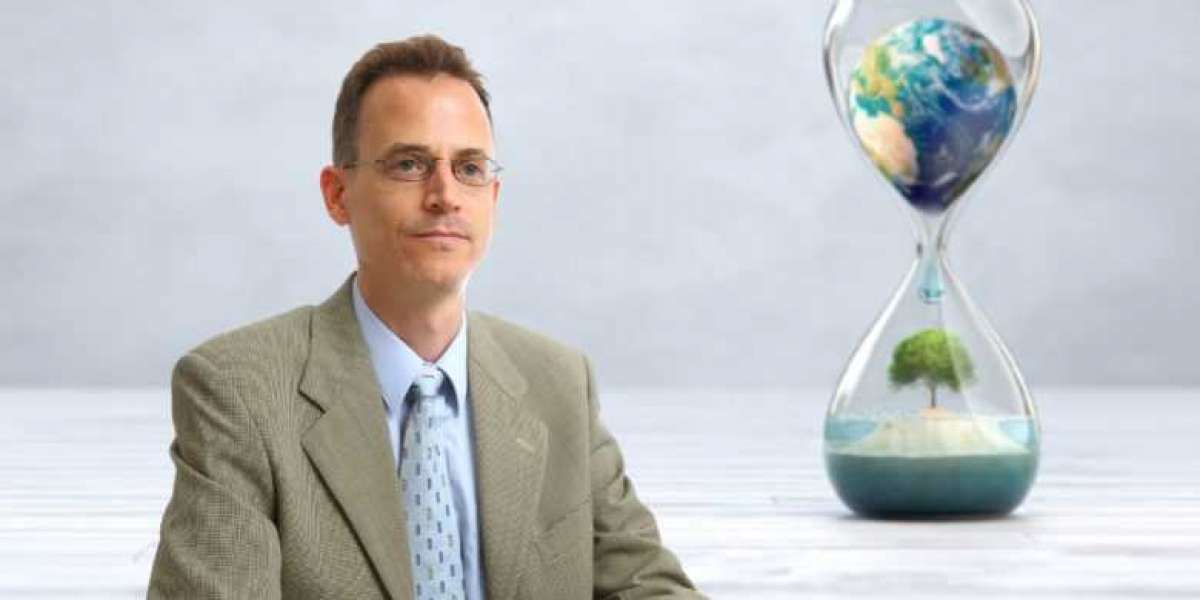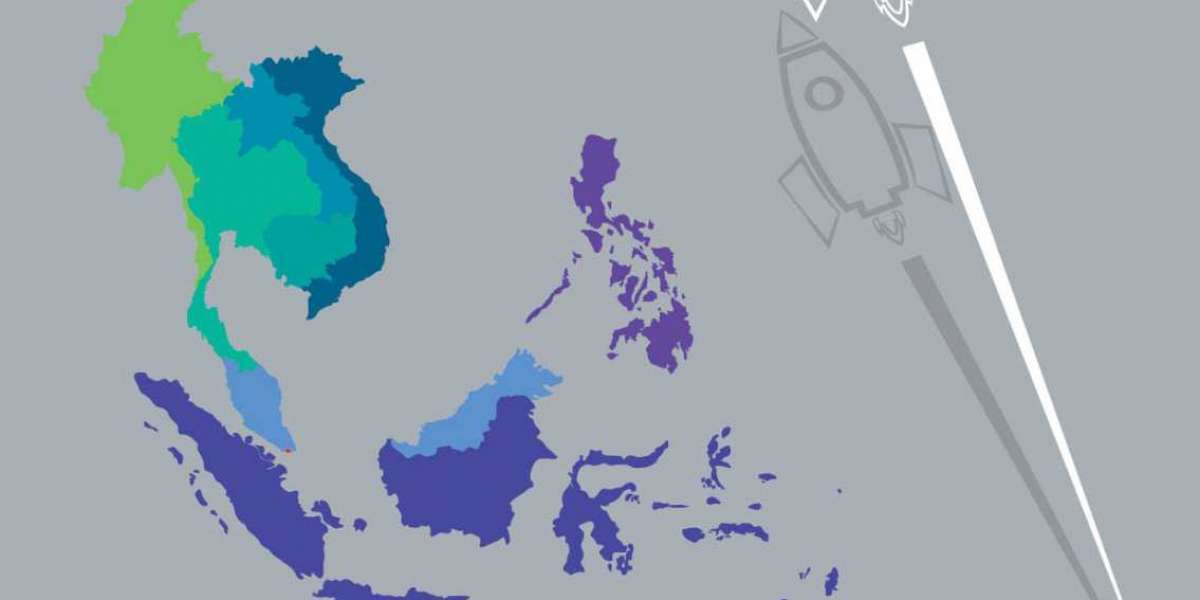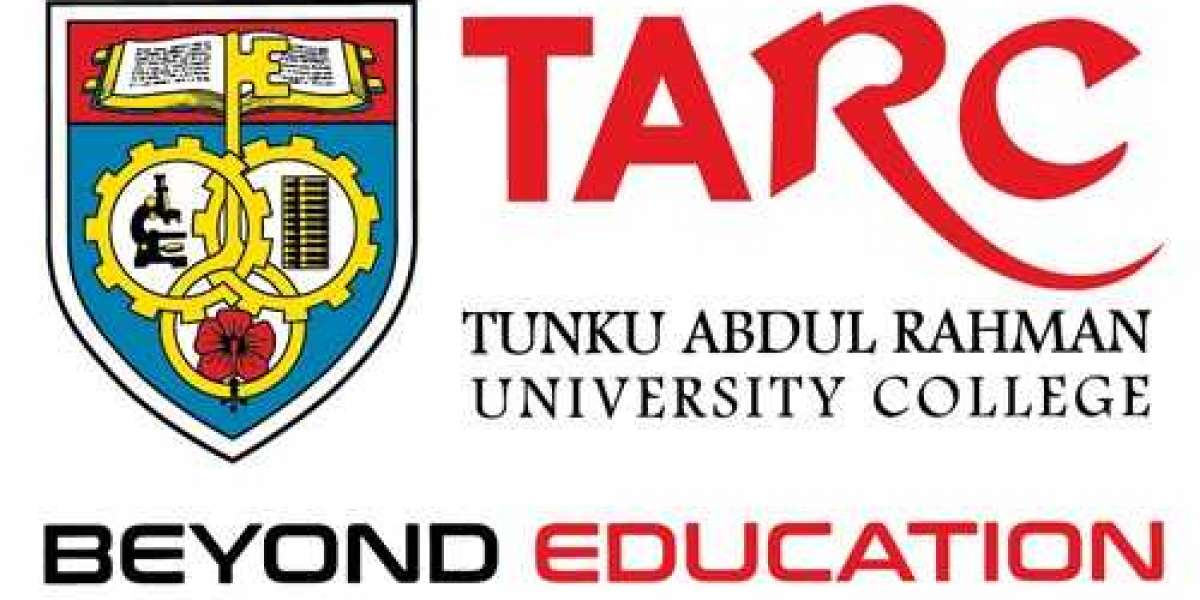A team of leading climate social scientists, including a chair professor at The Education University of Hong Kong (EdUHK), argues that influential studies that attempt to quantify different countries’ “fair shares” of climate action have put forward a biased and oversimplified view of what is primarily a political and ethical discussion.
The Perspective piece, “Ethical choices behind quantifications of fair contributions under the Paris Agreement,” published in the pre-eminent academic journal Nature Climate Change, comes as the world’s governments are expected to release new national plans for climate action ahead of climate negotiations later this year in Glasgow, Scotland, and defend them as “fair and ambitious”.
One of the article’s co-authors is Professor Paul G. Harris, Chair Professor of Global and Environmental Studies in the Department of Social Sciences at EdUHK, who has spent three decades conducting research and writing about climate justice and governance.
The piece evaluates a selection of recent effort-sharing studies to determine whether they are explicit about the ethical choices underlying their analyses. Reviewing sixteen studies that quantify equitable effort sharing between countries under the Paris Agreement, the authors find that nearly two-thirds (10 studies) present themselves as neutral or value-free, despite being limited to a small and biased subset of ethical perspectives on effort-sharing that tend to favour wealthier countries.
“It is widely assumed that climate change is a technical or political problem. It is more accurate to conceive of it as a normative problem in which disagreements about what is just, fair and equitable crowd out co-operation on social and technological solutions,” said Professor Harris.
Sivan Kartha, Senior Scientist at the Stockholm Environment Institute added, “Studies that incorrectly purport to be neutral and objective are not just misleading, they can even be harmful. In this case, they can set unrealistic expectations about what countries might be expected to contribute to a global climate effort. Even if it’s not intentional, one can imagine the problems caused by a body of literature with a consistent bias toward wealthier and against poorer countries.”
In particular, ‘grandfathering’ of emissions, where countries argue their status as high emitters is a justification for continued high emissions, should not be included in equity assessments of global climate action. This is a key source of the systematic bias in favour of wealthier, higher emitting countries.
Other studies claim objectivity by averaging a spectrum of equity approaches, commonly choosing a subset that exclude important ethical concepts. For instance, when many analyses quantify a country’s capacity to allocate resources to a global climate effort, they routinely treat a dollar earned by a poor citizen as wholly equivalent to a dollar earned by a rich citizen.
Many indicators ranking nations’ efforts to address climate change “say they’re about equity, but there’s still a systematic bias in favour of the biggest historical polluters. As we review efforts in the ‘global stocktake’ of the Paris Agreement, these kinds of indicators must be transparent. Otherwise, they are anti-equity,” said Timmons Roberts, Professor of Environmental Studies and Sociology at Brown University and Director of the Climate Social Science Network.
“Studies should be explicit about the ethical and moral implications of their underlying assumptions, and equity assessments of countries’ climate action must be based on ethically defensible principles, such as responsibility, capacity and need,” said Dr Kate Dooley, Research Fellow at the University of Melbourne and lead author of the study.
Professor Harris added: “This article helps to reinforce what we already know from other aspects of life: reliance on statistical indicators can result in potentially unjust outcomes. It’s more important than ever to view the ethical challenges of climate change holistically and qualitatively.”
The authors propose new guidelines that emphasise transparency in communicating the ethical underpinnings of assessments of climate action and suggest guidelines for developing policy-relevant — but not ethically neutral — equity research:
* Studies of equitable distribution of climate efforts should not claim value-neutrality;
* Analysis needs to ensure that the losses of those who are potentially marginalised remain clearly visible;
* Analytical work should aim to inform rather than supplant the political process.
The perspective can be accessed at https://rdcu.be/cigAL.









